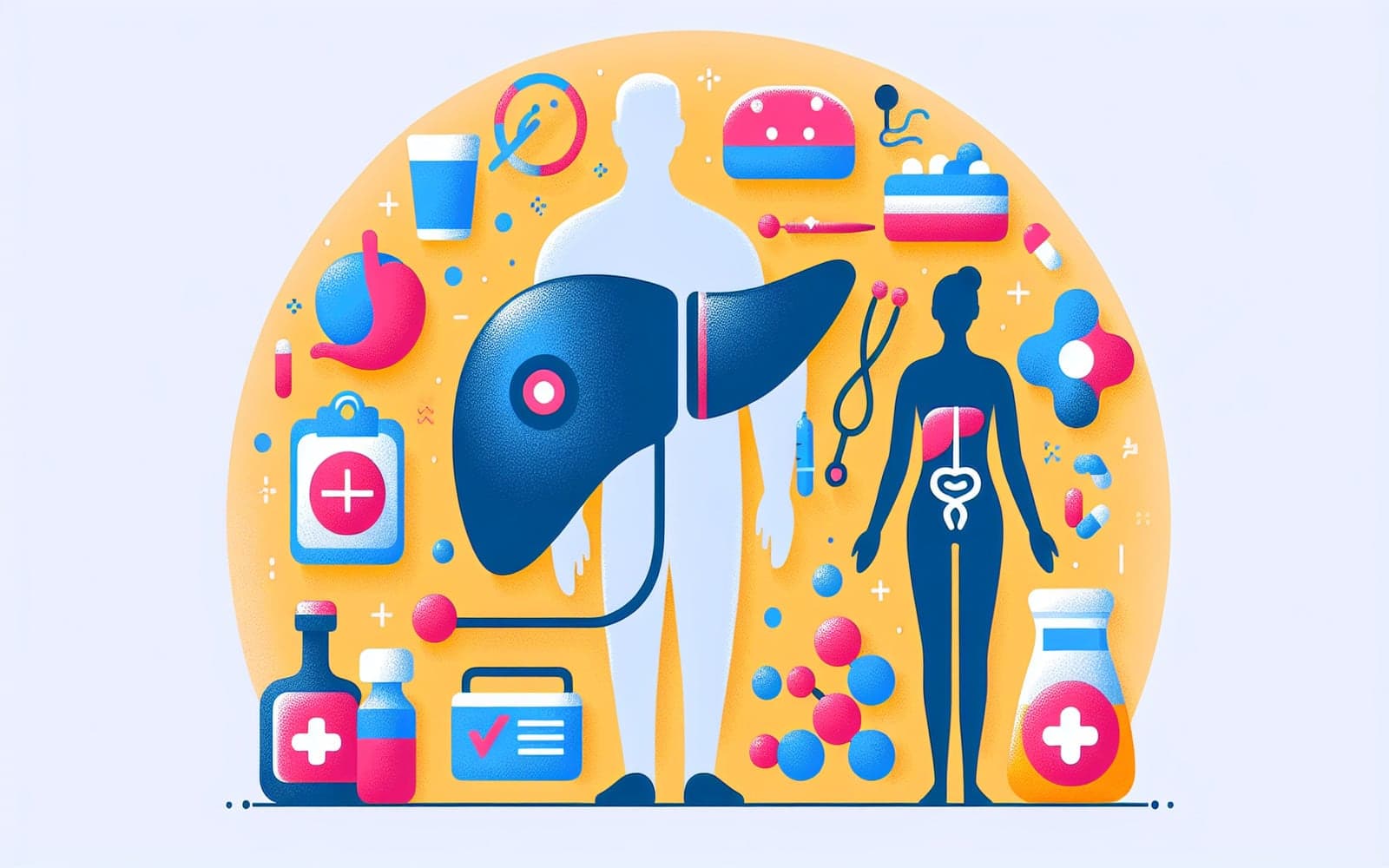What Increases Your Risk for Chronic Pancreatitis?
Published: Jun 16, 2024
Understanding risk factors for chronic pancreatitis can help you take preventive action. This article breaks down the common causes and how they affect your health.
Contents
Genetic Predisposition
Genetics play a role in chronic pancreatitis, with certain gene mutations increasing susceptibility. If you have a family history of the condition, discussing genetic testing with your doctor might be advisable. Knowing your genetic risk can help you take preventative measures early.
Lifestyle Choices
Smoking and excessive alcohol consumption are significant risk factors. Both habits contribute to pancreatic inflammation, increasing the likelihood of chronic pancreatitis over time. Adopting healthier lifestyle habits is vital for reducing risk.

Underlying Health Conditions
Conditions like high triglycerides and diabetes can elevate the risk of developing chronic pancreatitis. Managing these conditions through medication and lifestyle changes can help mitigate this risk.
Frequently Asked Questions
Yes, certain gene mutations increase risk.
Absolutely, smoking and alcohol use are key risk factors.
Conditions like diabetes can increase the risk.
It can be, especially with a family history.
Key Takeaways
Understanding your risk factors empowers you to take proactive health measures.
Talk with Doctronic to assess and manage your risk factors for chronic pancreatitis today.Related Articles
References
Whitcomb DC, Shimosegawa T, Chari ST, et al. International consensus statements on early chronic pancreatitis. Recommendations from the working group for the international consensus guidelines for chronic pancreatitis in collaboration with The International Association of Pancreatology, American Pancreatic Association, Japan Pancreas Society, PancreasFest Working Group, and European Pancreatic Club. Pancreatology 2018; 18:516.
Always discuss health information with your healthcare provider.

